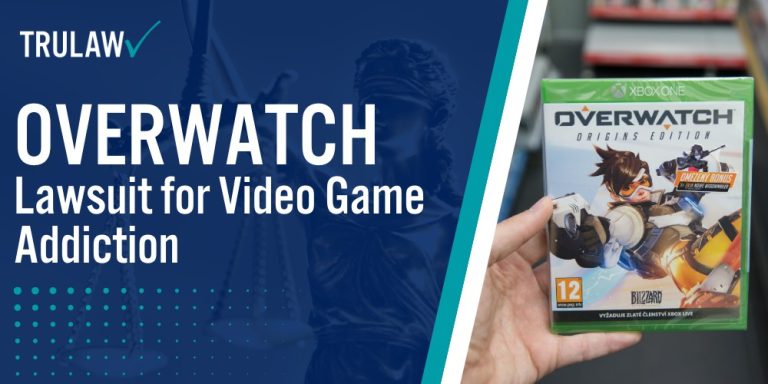The lawsuit against the game Overwatch is part of broader video game addiction litigation targeting Activision Blizzard and other major gaming companies.
Legal claims allege the game was intentionally designed with features that foster addictive behaviors, particularly in younger players.
The World Health Organization has recognized gaming disorder as a condition characterized by impaired control over gaming and increasing priority given to gaming over other activities.
These lawsuits involve product liability and failure-to-warn claims against the gaming industry.
Overview of Claims Against Activision Blizzard
Lawsuits against Activision Blizzard allege that Overwatch was engineered to maximize user engagement using psychological tactics designed to optimize spending.
Plaintiffs assert several legal theories in these claims:
- Product liability claims asserting that Overwatch’s design is defective because it creates unreasonable addiction risks
- Failure-to-warn allegations that features in Overwatch encourage addictive behaviors and that Activision Blizzard did not adequately disclose these dangers to consumers and parents
- Negligence claims arguing Activision Blizzard knew or should have known that the game’s addictive elements posed harm potential
- Consumer protection violations for allegedly deceptive practices related to loot boxes and excessive in-game purchases
Plaintiffs argue that Activision Blizzard prioritized revenue over user safety, claiming the company failed to implement safeguards and instead exploited psychological vulnerabilities.
On June 5, 2024, the Judicial Panel on Multidistrict Litigation denied consolidation of video game addiction lawsuits into a federal MDL, citing the number of different games and more than 30 different defendants involved.
Despite this denial, individual lawsuits against Activision Blizzard continue advancing through state courts while some proceed in federal district court.
How Overwatch Differs from Other Video Game Lawsuits
Overwatch-specific allegations center on the game’s distinctive combination of loot boxes, competitive ranking systems, and limited-time seasonal events that plaintiffs claim work together to create addictive engagement patterns.
The following elements distinguish Overwatch from other video game cases:
- Loot box mechanics that international regulators have classified as gambling-like activities
- Competitive tier systems that create urgency to maintain or improve rankings through extended play sessions
- Seasonal events offering exclusive cosmetics that generate fear of missing out
- Overwatch targets adolescents and young adults, and children playing Overwatch face different risks than younger children targeted by games like Roblox
The regulatory backdrop strengthens these claims.
In April 2018, the Belgian Gaming Commission ruled that paid loot boxes in Overwatch constituted games of chance under local gambling law, prompting Blizzard to disable loot box purchases in Belgium.
The 2022 transition to Overwatch 2 removed direct loot box purchases, but on February 18, 2025, loot boxes returned with modified mechanics – now earned through gameplay, battle passes, and events rather than direct purchase.
Families seeking answers about their legal options can contact TruLaw to determine whether they may qualify to pursue a claim.
If you or your child developed an addiction to Overwatch and suffered harm as a result, you may have legal options available.
Contact TruLaw using the chat on this page to receive a free case evaluation and see if you qualify to file an Overwatch lawsuit today.



